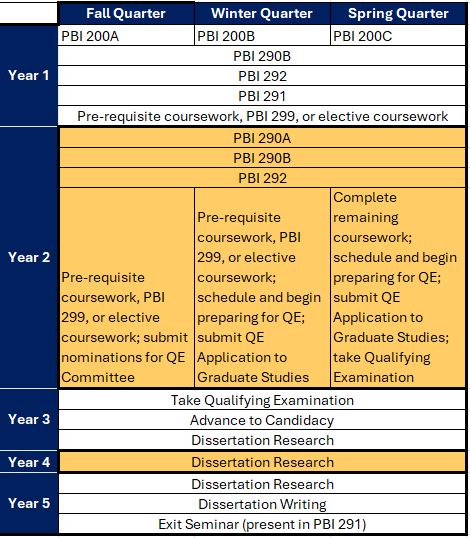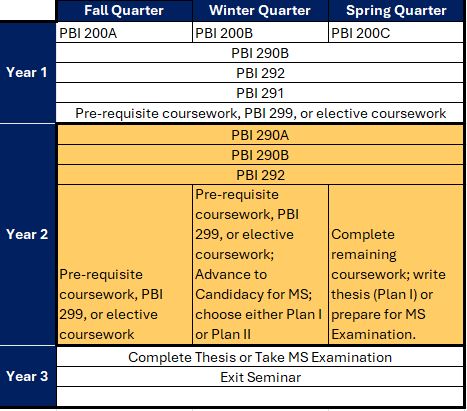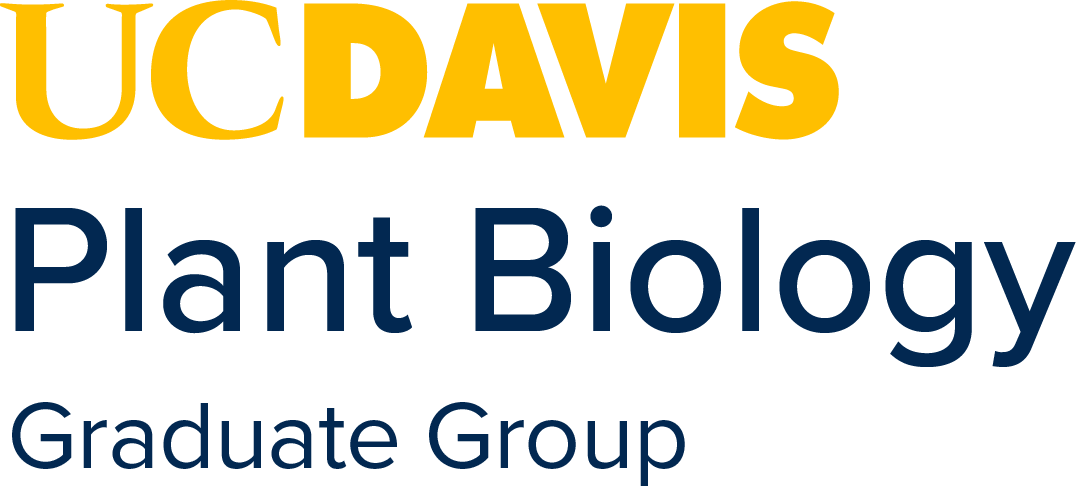Ph.D. Program
The graduate group provides a unique opportunity to pursue training in a research field that is simultaneously critical for applied and fundamental science. Plant science is unique in that what you learn can be applied to help feed the world. Alternatively, the same training uniquely prepares you for a career in fundamental science as plant science has been at the forefront of nearly every major advance in biological science in the past century. A Ph.D. in Plant Biology provides the student the ability to train in a broad collection of research topics that span the spectrum of biology from Ecosystems to Molecules using a myriad of techniques including Genetics, Biochemistry, Computer Modelling, Systems Biology and intensive quantitative analysis.
Students will specialize in one of the following four areas:
- Cell and Developmental Biology
- Environmental and Integrative Biology
- Molecular Biology, Biochemistry and Genomics
- Systematics and Evolutionary Biology
Normally a student will complete course and teaching requirements during the first two years of the program, pass an oral Qualifying Examination given by five faculty members, then conduct and complete the dissertation research under the direction of a major professor, who serves as a research mentor. Full time students must enroll in a minimum of 12 units per quarter.
Course Requirements (41 units)
- Pre-requisite deficiencies (determined by your Graduate Academic Advisor)
- Core Coursework (PBI 200A, PBI 200B, PBI 200C).
- Seminar Coursework (PBI 290A, PBI 290B, PBI 291, PBI 292)
- Specialization Area Electives (must be approved by your Graduate Academic Advisor)
Rotations
PBGG is a rotation-based Ph.D. program. Doctoral students entering the program are expected to undergo rotations in four different laboratories during their first two quarters prior to deciding on a faculty sponsor. In rare cases, some students may enter the program having already committed to a faculty mentor (direct admission). These students will not undergo rotations.
Qualifying Examination
The student is eligible for Advancement to Candidacy after successful completion of all graduate program degree requirements, must have maintained a 3.0 GPA in all coursework (except those courses graded S/U), and after passing the Qualifying Examination; this is typically in the 7th quarter. There are two main components that students must complete as part of their qualifying exam:
- Oral Component of the Qualifying Examination
PBI students are required to pass an oral qualifying examination before being advanced to candidacy for the Ph.D. in Plant Biology. The QE is to be held before the end of the seventh quarter in residence and after the student has completed all PBI course requirements, which is verified by the student's Graduate Adviser.
The oral portion of the Qualifying Examination will consist of three parts: (1) oral presentation and defense of the dissertation research proposal, which will include a broader discussion of questions from the candidate's area of specialization; (2) an oral examination of the candidate's knowledge in general Plant Biology, which will be conducted at a level comparable to content and depth of the undergraduate preparation for the major and of the core course curriculum; and (3) oral examination of two topics from two areas in Plant Biology that will be selected by the student and will be different from the candidate's own area of specialization.
- Written Component of the Qualifying Examination
- Students are required to prepare a dissertation proposal that will be evaluated by the Qualifying Examination Committee.
Dissertation Requirements
The research conducted by the student must be of such character as to show ability to pursue independent research. The dissertation reports a scholarly piece of work of publishable quality that solves a significant scientific problem in the field and is carried out under the supervision of a member of program while the student is enrolled in the program. The Major Professor's laboratory is the setting for most of the student's research activities.
Exit Seminar
PBGG students are required to present an Exit Seminar. The Exit Seminar is a formal public presentation of the student’s research before the program faculty and students. The Dissertation Committee will not sign the Dissertation until after the exit seminar has taken place. Student's are encouraged to present their exit seminar during the PBI 291 Tuesday Seminar Series.
Normative Time to Degree
The normative time for completion of a Ph.D. program in Plant Biology is six and a half years.

M.S. Program
Not all career paths require the full multi-year research experience afforded by a Ph.D. program in Plant Biology. For these career paths, the more concise M.Sc. program provides access to all of the same courses and an initial introduction to research. This provides a well-rounded training in Plant Biology to pursue a number of careers or if your appetite is further whetted to potentially pursue a Ph.D. depending upon mutual admissibility.
Students will specialize in one of the following four areas:
- Cell and Developmental Biology
- Environmental and Integrative Biology
- Molecular Biology, Biochemistry and Genomics
- Systematics and Evolutionary Biology
Course Requirements (34-37 units)
- Pre-requisite deficiencies (determined by your Graduate Academic Advisor)
- Core Coursework (PBI 200A, PBI 200B, PBI 200C).
- Seminar Coursework (PBI 290A, PBI 290B, PBI 291, PBI 292)
- Specialization Area Electives (Plan I - 6 units; Plan II - 9 units; must be approved by your Graduate Academic Advisor)
Thesis and Comprehensive Examination Requirements
The program offers two options for the M.S. Degree:
- Thesis Requirements (Plan I)
- At the time of the thesis is submitted, the student must have advanced to candidacy and be registered or on filing fee. The student will conduct original research in the laboratory of a faculty member who will serve as sponsor for the 299 research units and as chair of the thesis committee, also referred to as the Major Professor.
- Comprehensive Examination (Plan II)
- At the time of the examination, the student must have advanced to candidacy and be registered or on filing fee. The comprehensive examination is an oral examination that should not exceed three hours in length. The oral exam must cover general plant biology, the student's area of specialization and at least one additional area.
Normative Time to Degree
The Normative Time to Degree for the M.S. program is approximately three years.

